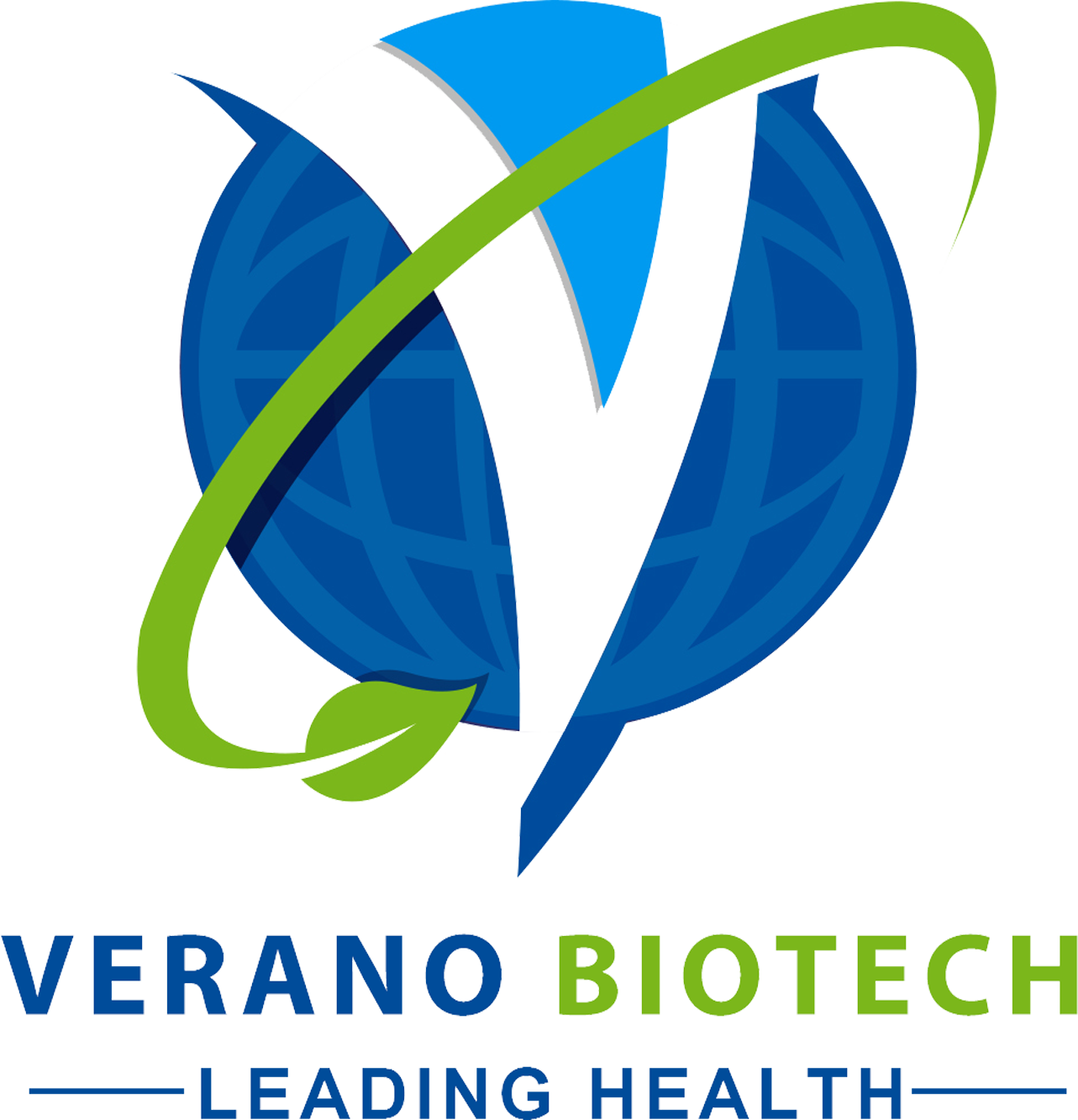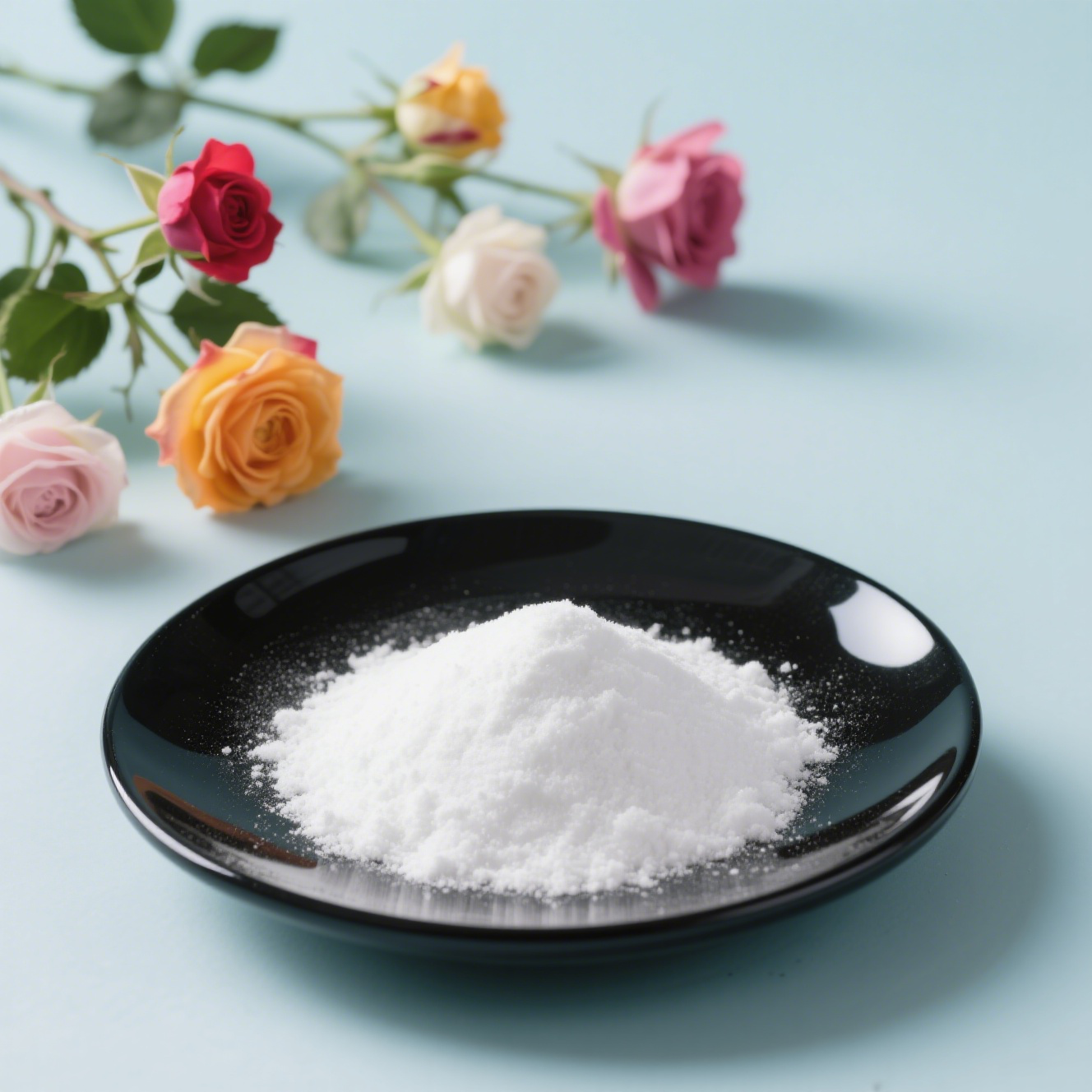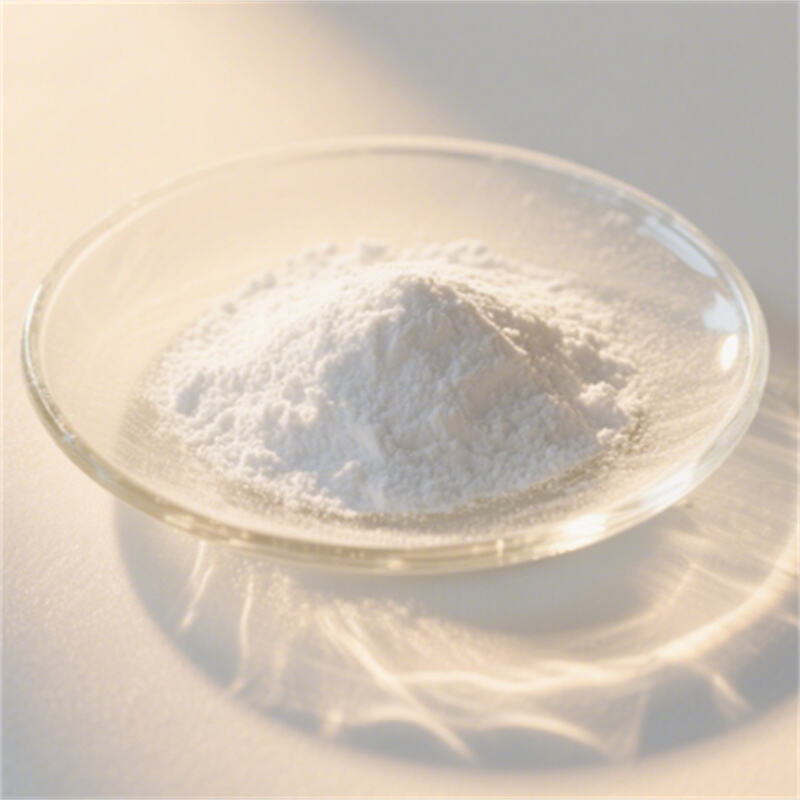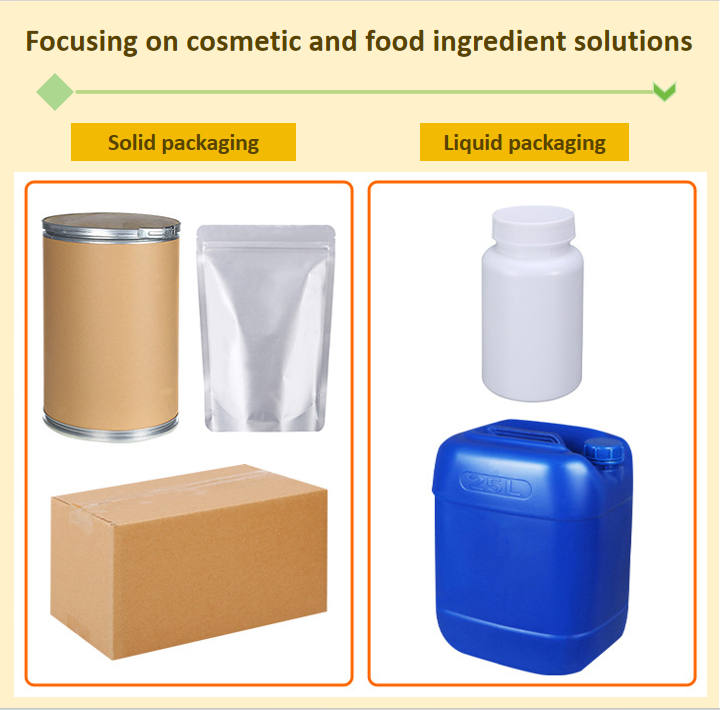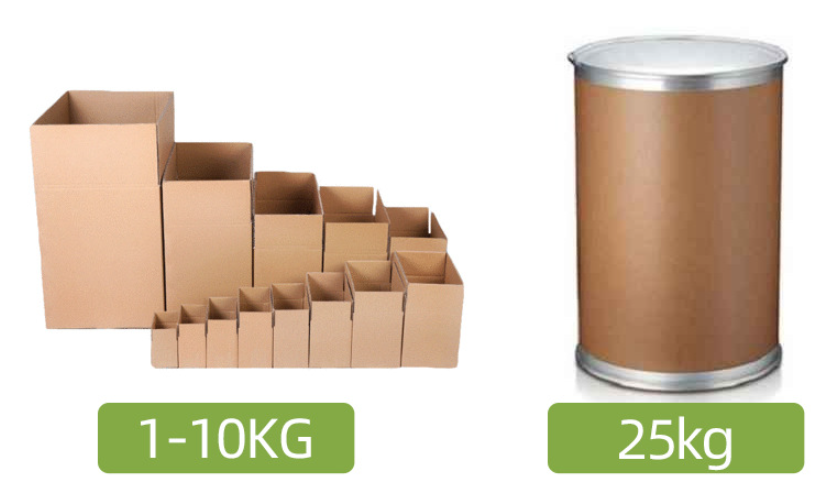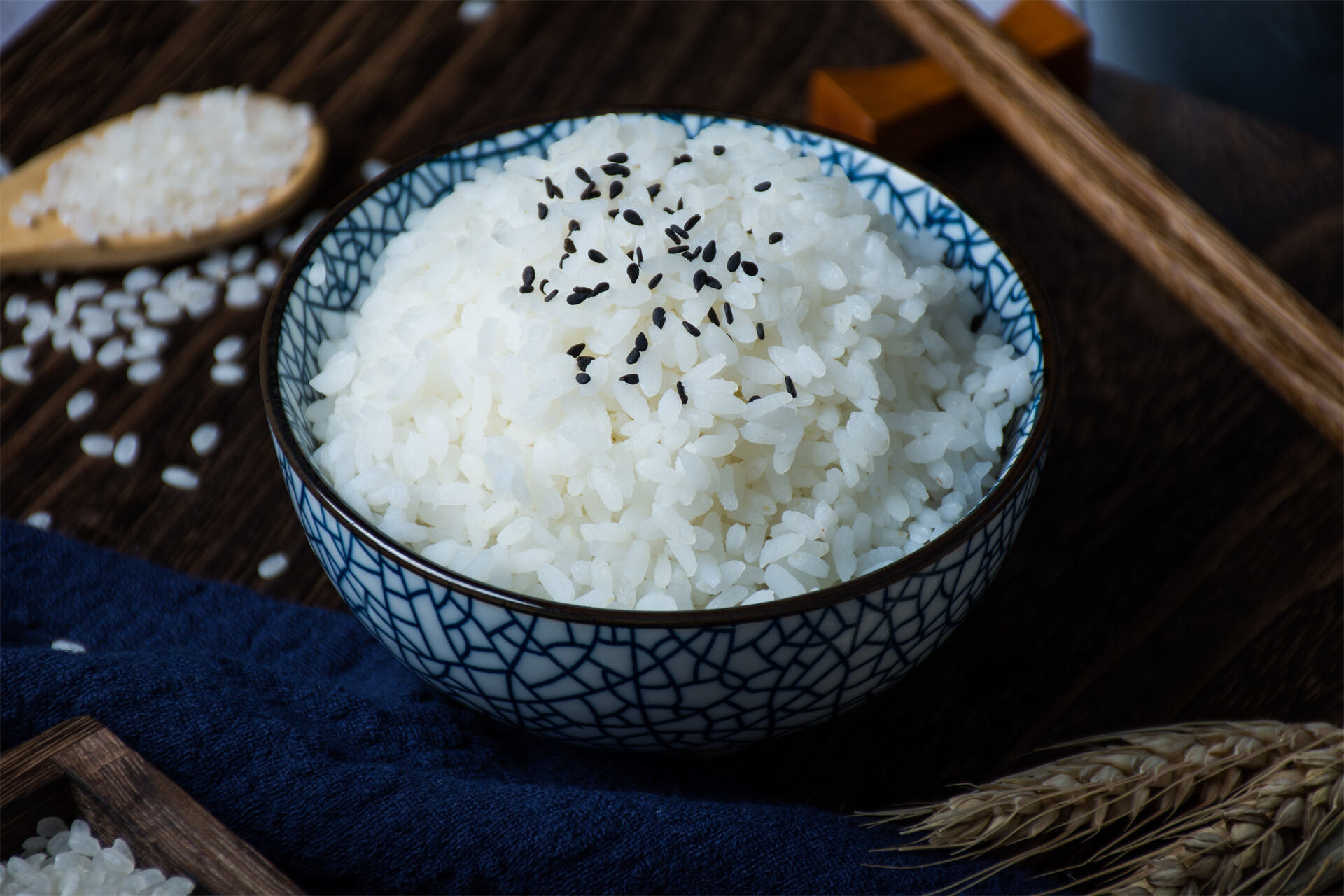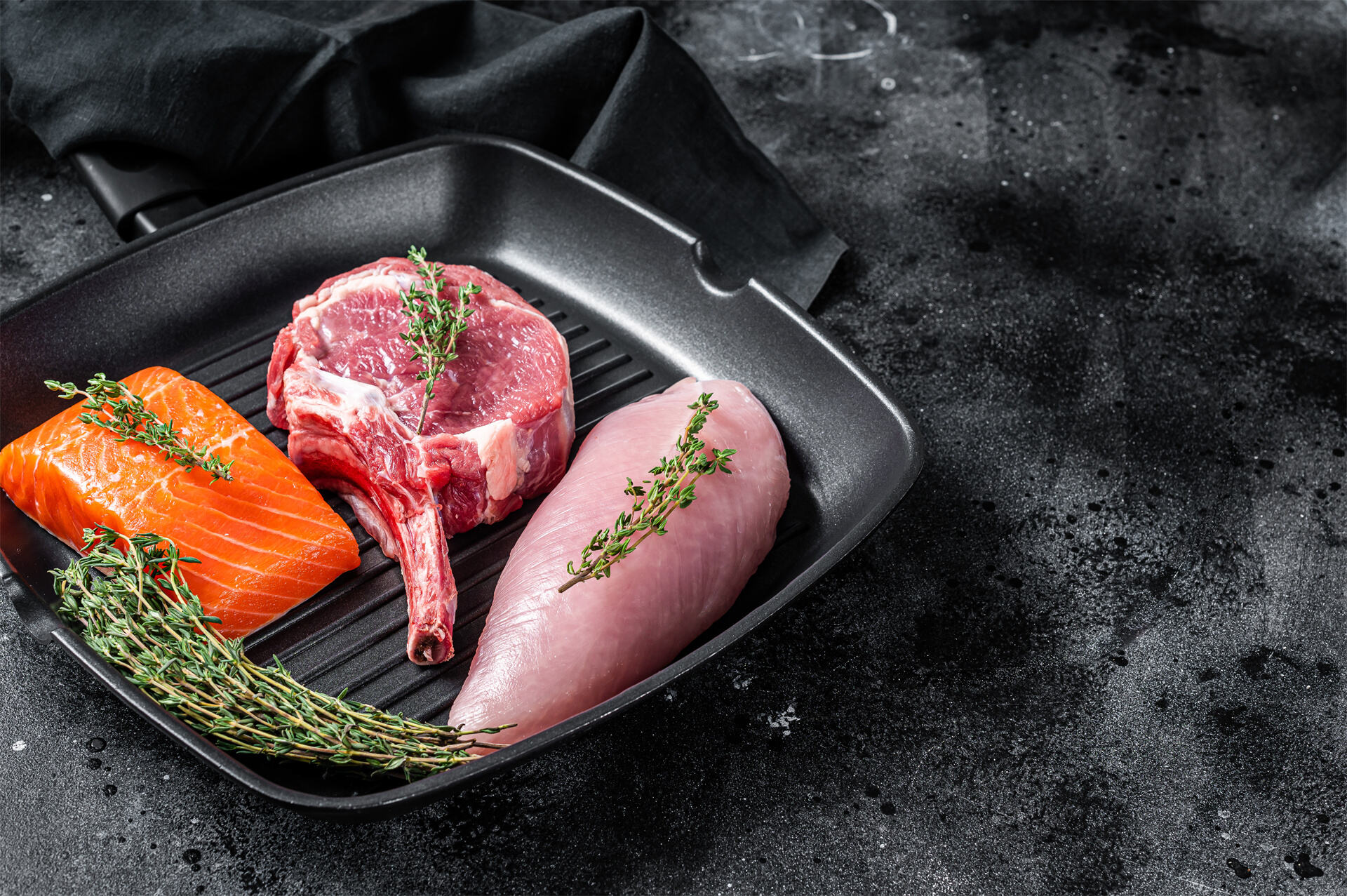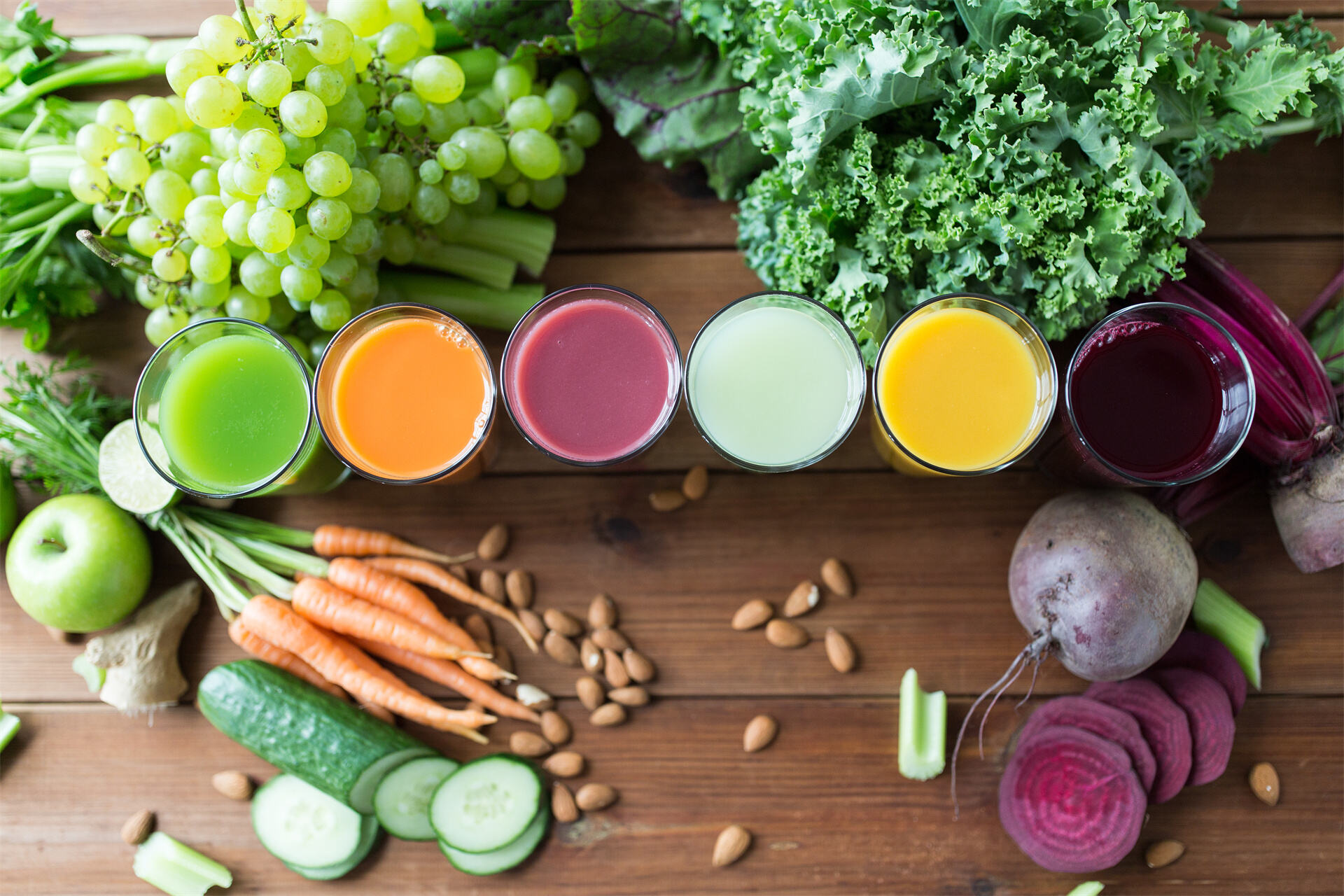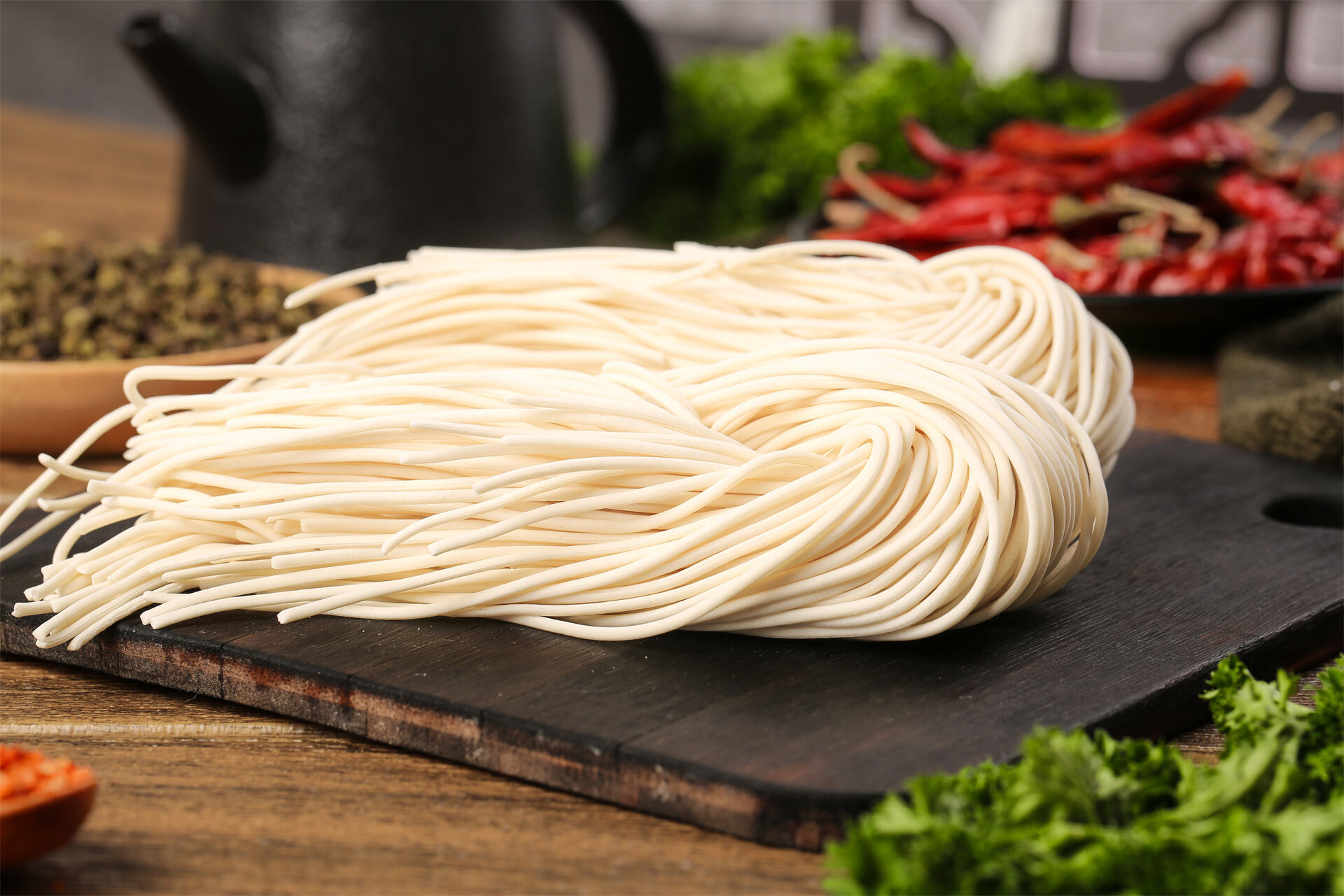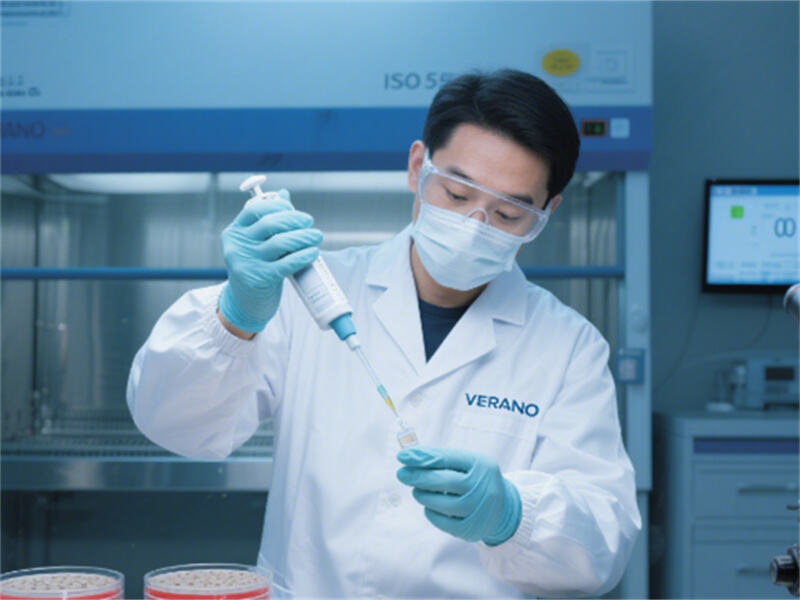|
Food industry:
Staple food: instant rice (add 50~200ppm), wet noodles (200ppm) to extend shelf life 3~5 days.
Meat products: used in soy sauce beef (0.3g/kg) can make the total number of colonies less than 10⁴ CFU/g, replacing part of nitrite.
Beverages: add 0.2g/kg in fruit and vegetable juice can inhibit yeast reproduction, and the stability is better than potassium sorbate in carbonated beverages.
Cosmetic industry:
Skin care: 0.05~0.2% concentration used in serum, inhibit Propionibacterium acnes and promote wound healing.
Oral care: 0.1% added to toothpaste can inhibit the formation of plaque, compounded with fluoride to enhance the effect of caries prevention.
Pharmaceuticals:
Antimicrobials: 1% concentration gel for burn wounds to inhibit Pseudomonas aeruginosa infection and accelerate epidermal regeneration.
Drug carrier: Combined with anti-cancer drugs (such as cisplatin) to form nanoparticles to improve tumor targeting.
Agriculture and environmental protection:
Fruit and vegetable preservation: 100ppm suspension can extend the shelf life of apples for 2 weeks, sprayed on the surface of strawberries to inhibit gray mold.
Feed replacement: adding 50~100ppm in livestock and poultry feed can improve intestinal flora and increase daily weight gain by 3~5%.
|
